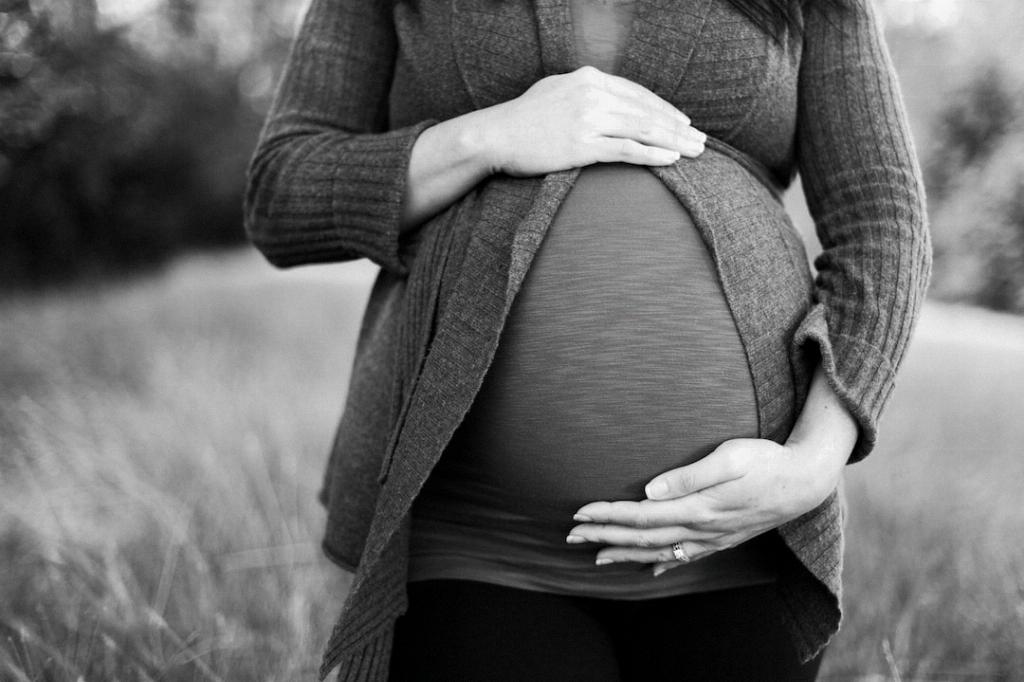As women navigate through the delicate journey of pregnancy, it’s common to experience a myriad of physical changes in the body. One of the notable areas where these changes are prominently observed is in the breasts, particularly the nipples. Many women may wonder if their nipples get hard in early pregnancy, and the answer lies in the intricate hormonal shifts and physiological adjustments occurring within the body.
Early Signs of Pregnancy
During the early stages of pregnancy, various signs may manifest indicating that conception has taken place. One of the primary indicators is changes in breast tissue. The breasts may become tender, swollen, and begin to enlarge as they prepare for the nurturing of a growing fetus. Additionally, the veins within the breast may become more visible as blood flow increases to support the developing pregnancy.
Effects of Hormones
The transformation of the breasts, including the nipples, is largely influenced by hormonal fluctuations. The human chorionic gonadotropin (HCG) hormone, which is produced by the placenta after implantation, plays a key role in signaling the body to prepare for pregnancy. As the levels of HCG rise, various changes occur, such as darkening of the nipples, increased erection of the nipples, and heightened sensitivity in this area.
Darkening of Nipples
One of the common changes that women may notice in early pregnancy is the darkening of the nipples. This phenomenon, known as ‘nipple darkening’ or ‘areola darkening,’ is attributed to the increased production of melanin in the skin surrounding the nipple. The darkening of the nipples is a natural response to the hormonal shifts in the body and is considered a normal occurrence during pregnancy.
Erection of Nipples
Another common change that women may experience is the erection of the nipples. This can be attributed to the heightened sensitivity in the breast tissue caused by increased blood flow and hormonal changes. Women may find that their nipples become more erect or ‘hard’ during early pregnancy, which is a physiological response to the hormonal cues directing the body to prepare for breastfeeding.
Sensitivity of Nipples
Alongside the darkening and erection of the nipples, many women report increased sensitivity in this area during early pregnancy. The nipples may feel more tender, sore, or even painful to touch as the body readies itself for the demands of lactation. This sensitivity is a common symptom experienced by pregnant women and is often accompanied by other breast changes.
Importance of Self-Care
It is important for women to practice self-care and awareness during pregnancy, especially when it comes to changes in the breasts and nipples. Keeping the breasts clean, wearing supportive bras, and using gentle skincare products can help alleviate discomfort and maintain breast health during this transformative time.
Consulting a Healthcare Providerp>
If women have concerns or questions about the changes they are experiencing in their breasts or nipples during early pregnancy, it is recommended to consult a healthcare provider. A medical professional can provide personalized guidance, support, and reassurance to ensure a healthy and positive pregnancy experience.
Conclusion
In conclusion, the nipples may indeed get hard during early pregnancy due to a combination of hormonal influences, increased blood flow, and physiological responses in the body. These changes are natural and serve the purpose of preparing the breasts for the nurturing of a growing fetus. By understanding and embracing the transformations occurring in the body, women can navigate through pregnancy with confidence and empowerment.

